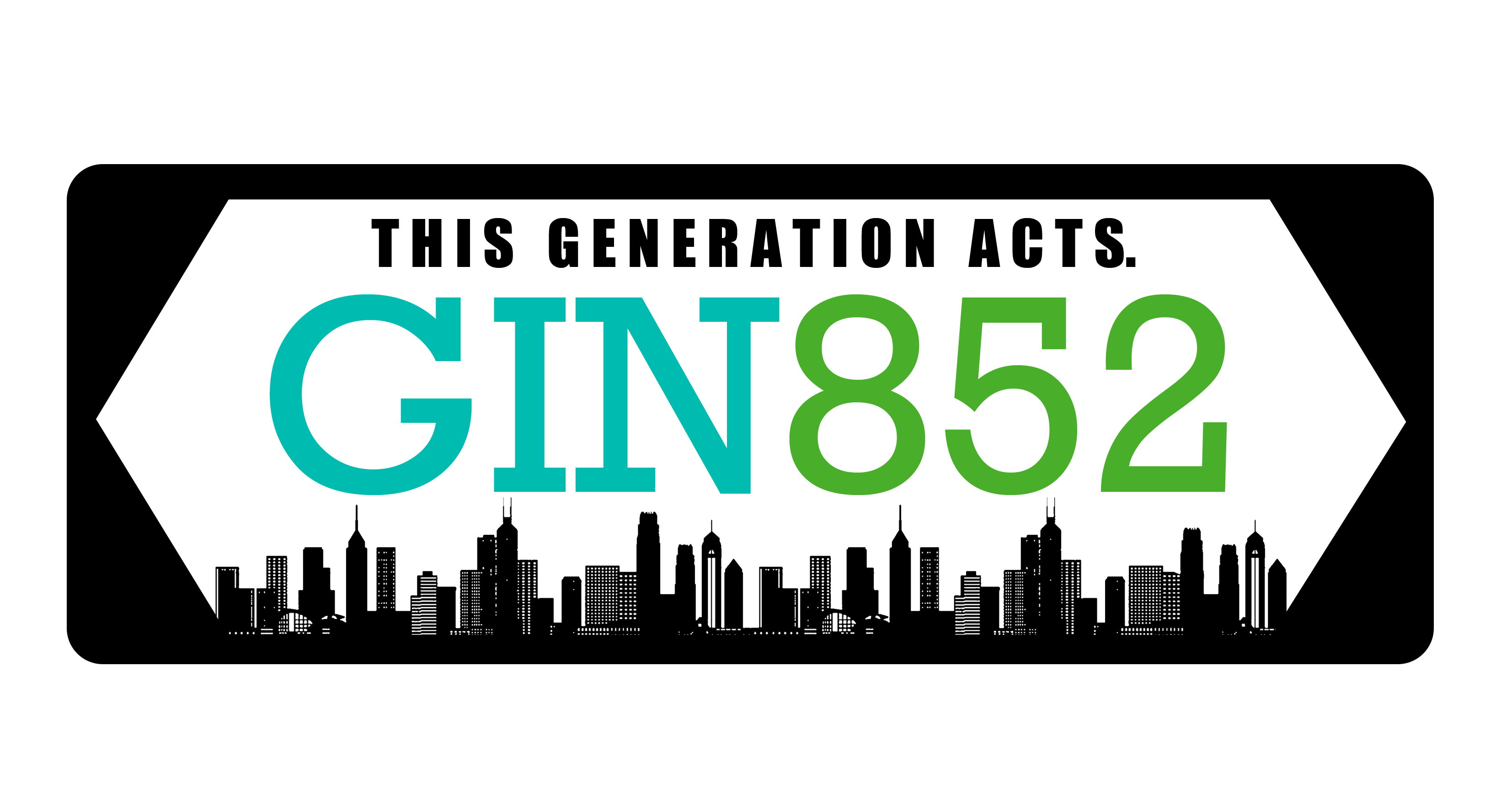**What is Creditor Harassment After Bankruptcy?**
Creditor harassment after bankruptcy occurs when creditors attempt to collect on debts that have been discharged in a bankruptcy. Even though the debt has been legally discharged, creditors may still attempt to contact you, either directly or through collection agencies, in an effort to get you to pay the debt. This type of creditor harassment can be very stressful and overwhelming for the debtor.
**Types of Creditor Harassment After Bankruptcy**
There are several different types of creditor harassment after bankruptcy that can occur:
- The first type of creditor harassment is phone calls from collection agencies or other creditors attempting to collect on debt even though a debtor has filed for bankruptcy protection. These callers may be persistent and aggressive, making multiple attempts at contacting the debtor throughout the day. They may also threaten legal action if payment isn’t made right away or demand more money than what was originally owed. It is important to remember that debtors are protected from creditors by the bankruptcy laws and any attempts to collect on debt should cease when a bankruptcy petition is filed.
- The second type of creditor harassment is through mail solicitations from companies attempting to collect on debt after bankruptcy. These solicitations may come in the form of letters offering settlement plans or other payment options. Debtors should be aware that these offers may come with additional fees and charges, which could make it difficult for them to pay their debts off in full. Additionally, many of these offers do not take into consideration a debtor’s financial situation at the time of filing for bankruptcy, so they may not be beneficial for debtors who have already filed.
- Finally, some creditors may attempt to contact a debtor’s friends, family, or employer in order to collect on debt. This type of creditor harassment is illegal and should be reported to the authorities. By doing so, debtors can protect themselves from further harassment as well as any potential damage to their reputation.
It is important for debtors who are dealing with creditor harassment after filing for bankruptcy to take steps to protect themselves. They should keep records of all communication with creditors and always seek legal advice if they feel threatened or intimidated by creditors. Debtors should also remember that the bankruptcy laws are there to protect them and ensure that they get a fresh start financially without fear of creditor harassment.
**How Can You Stop Creditor Harassment After Bankruptcy?**
The best way to stop creditor harassment after bankruptcy is by responding promptly and politely when contacted by a creditor or collection agency about a discharged debt. If the creditor persists, you can contact the Federal Trade Commission (FTC) and file a complaint against them. Additionally, you can send a Cease and Desist letter that states your decision not to repay the debt and requests they cease any attempts at collecting payment from you. Lastly, if all else fails, then you could consider hiring an attorney at sandiegobk.com, who specializes in this type of law to help protect your rights.
**Conclusion**
Creditor harassment after bankruptcy can be very stressful, so it’s important to know what steps you can take to stop it and protect yourself from further collection attempts. By responding promptly and politely when contacted by creditors or collection agencies about a discharged debt, sending a Cease and Desist letter, and hiring an attorney if necessary, you should be able to successfully put an end to the creditor harassment.
Hopefully this article has given you the information you need regarding creditor harassment after bankruptcy so that you can stay informed and protected.
Thanks for reading!






